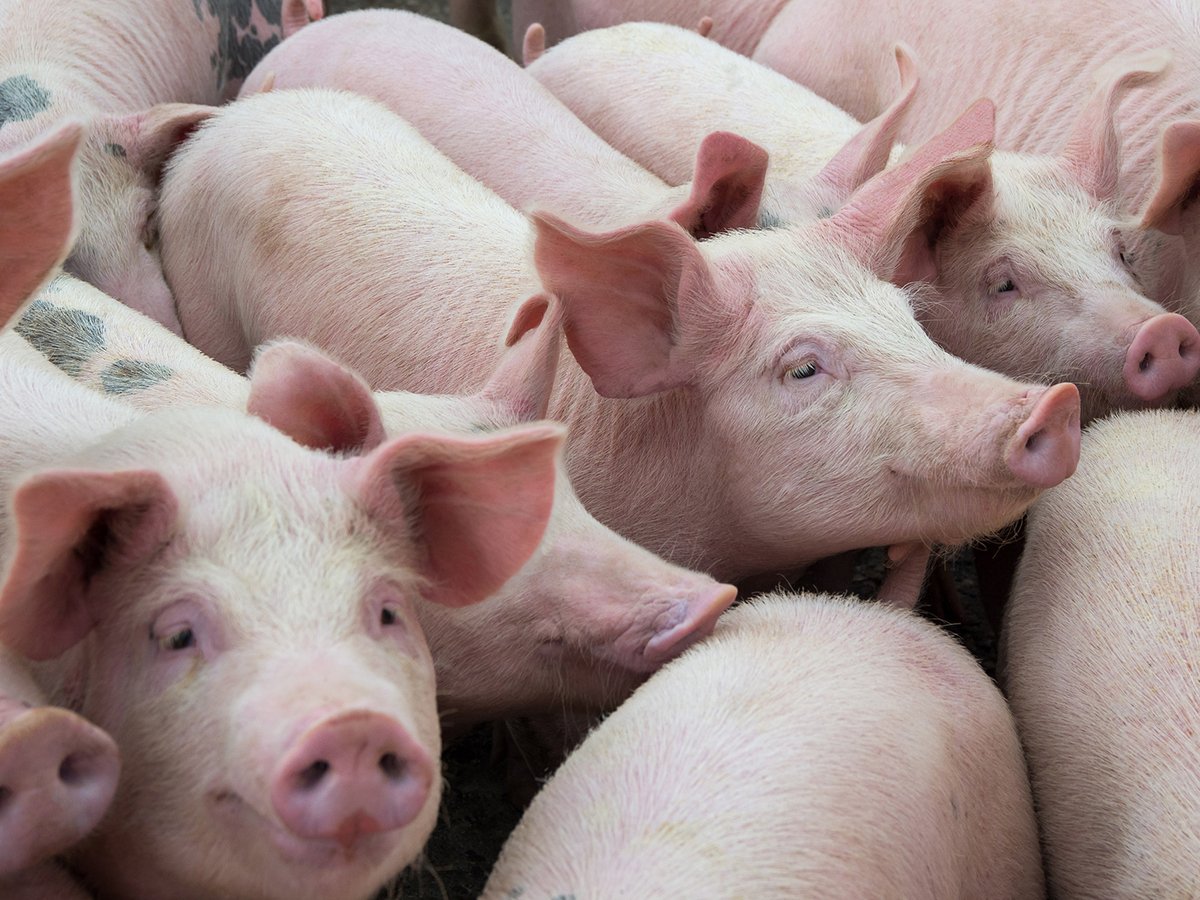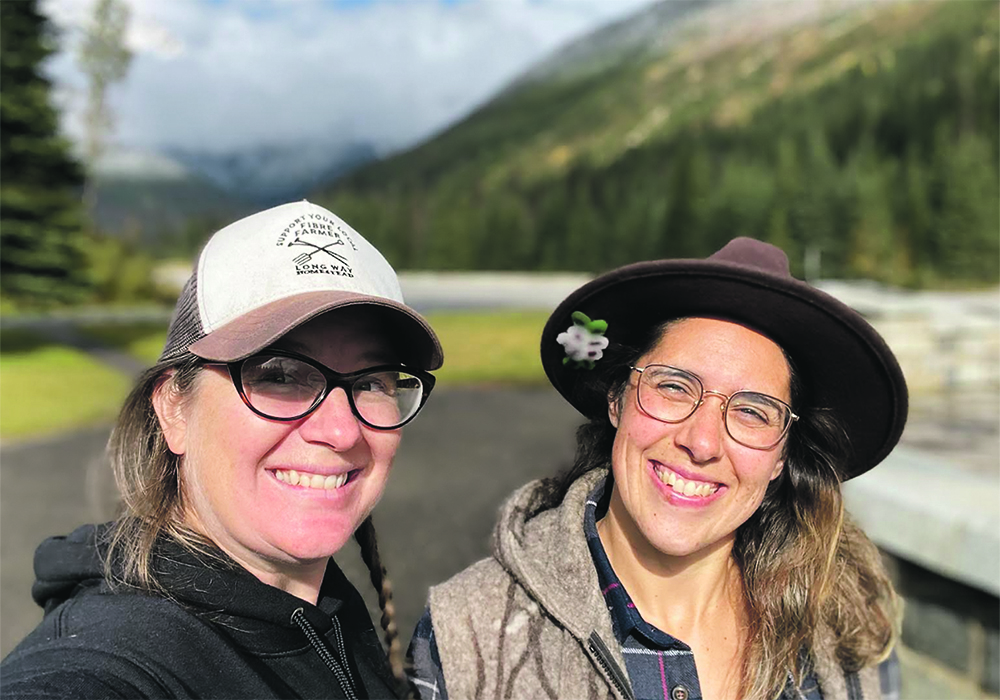Wendell Berry, E.B. White and James Alfred Wight, better known as James Herriot — add published author Anna Hunter to that list. The Manitoba farmer and operator of the province’s only wool mill joins some pretty lofty company with the publication of her first book, Sheep, Shepherd and Land.
“It’s a little surreal,” she said from her office. “I wanted to share these stories…. I chose writing because I felt the least competent in that arena and I wanted to challenge myself.”
Sheep, Shepherd and Land began as a concept back in 2019 but family and business demands and then a pandemic meant Hunter didn’t get started on the work until 2021. With photographer, fellow sheep farmer and neighbour Christel Lanthier, the two headed out on a cross-Canada journey, meeting sheep farmers and asking them to tell their stories.
Read Also

Quebec pork company calls for transparency around gene-edited pigs
Quebec-based pork company duBreton is calling for transparency around meats from gene-edited pigs on concerns that a lack of mandatory labelling will confuse consumers, and dilute certification claims. The organic sector is also calling for labelling rules.
Initially, Hunter envisioned a book that would talk about specific breeds and how the wool from those breeds impacts fibre art as it’s practised by talented hand-spinners, weavers, knitters, felters and artisans.
“No one was talking about it,” she said. “Not in Canada anyway, though there is quite a lot more discussion and information in the U.K. and the United States. I was focused on the sheep and the land and how that translates to fibre art.”
A visit to Arlette Seib’s family farm in Saskatchewan sparked an evolution.
She was inspired by the story of land rejuvenated from monoculture cropping to the polyculture techniques Seib and her husband now use on the land, which is stocked with their Corriedale sheep. Standing on a sweltering hillside listening to Seib passionately talk about the journey from struggling grain farm to thriving sheep operation sealed the deal. This was an important element, Hunter realized.
“My focus shifted,” she said. “I knew I had to include the shepherds’ stories.”
“How often do we get to hear someone else’s story? I really wanted to hold that space, to hear how farmers got started and what makes them tick.
“Every farm I went to had its own management style and I took something away from all of them.”
A massive flock of geese running through the sour cherry orchards of Carrie Woolley’s farm in Ontario’s Norfolk County was such a delightful experience that when Hunter arrived back home, she wondered if she could put in an orchard.
A dairy operation in Quebec was a new experience, and Hunter and Lantheir’s weeks on the road included more unique approaches to wool, sheep and land management than Hunter expected.
“We saw 800 ewes and their lambs on a solar farm,” she said, adding she was impressed by the innovative approaches so many shepherds took to stacking enterprises on the foundation of their flocks.
Thousands of photos and a dozen interviews later, Hunter got to the nitty-gritty of writing.
“There was a lot of insecurity I took into the actual writing,” she said. “My husband jokes that I write like I protest, big and loud.
“I recorded everything on my phone. Transcribing all of that was the biggest challenge but transcribing immersed me in the stories.”
Locking herself away every afternoon for three hours during spring and summer, Hunter faced the empty page while her kids enjoyed some screen time and were under strict instructions not to interrupt. For the most part, it went well, she said.
“I think they only knocked on the door one time — we had a break-out,” she said with a laugh. “There was this one electric fence and this one sheep and…,” her voice trailed off.
“He was determined. I’ll give him that.”
When the draft copy was finally placed in her hands, she said she cried — “just a little.”
Like every farmer, Hunter’s mind is already on the next season.
While she may have joined the ranks of Emily Dickinson and Joel Salatin as a published farmer-author, she’s thinking of the next book, the next issue to explore.
“I’m already having ideas,” she said. “Once that’s out, you can’t put it back in the bottle again, can you? I miss the discipline of the (writing) practice.
“I’m glad I tried something that scared me. If it’s a little terrifying, it’s probably worth doing.”

















